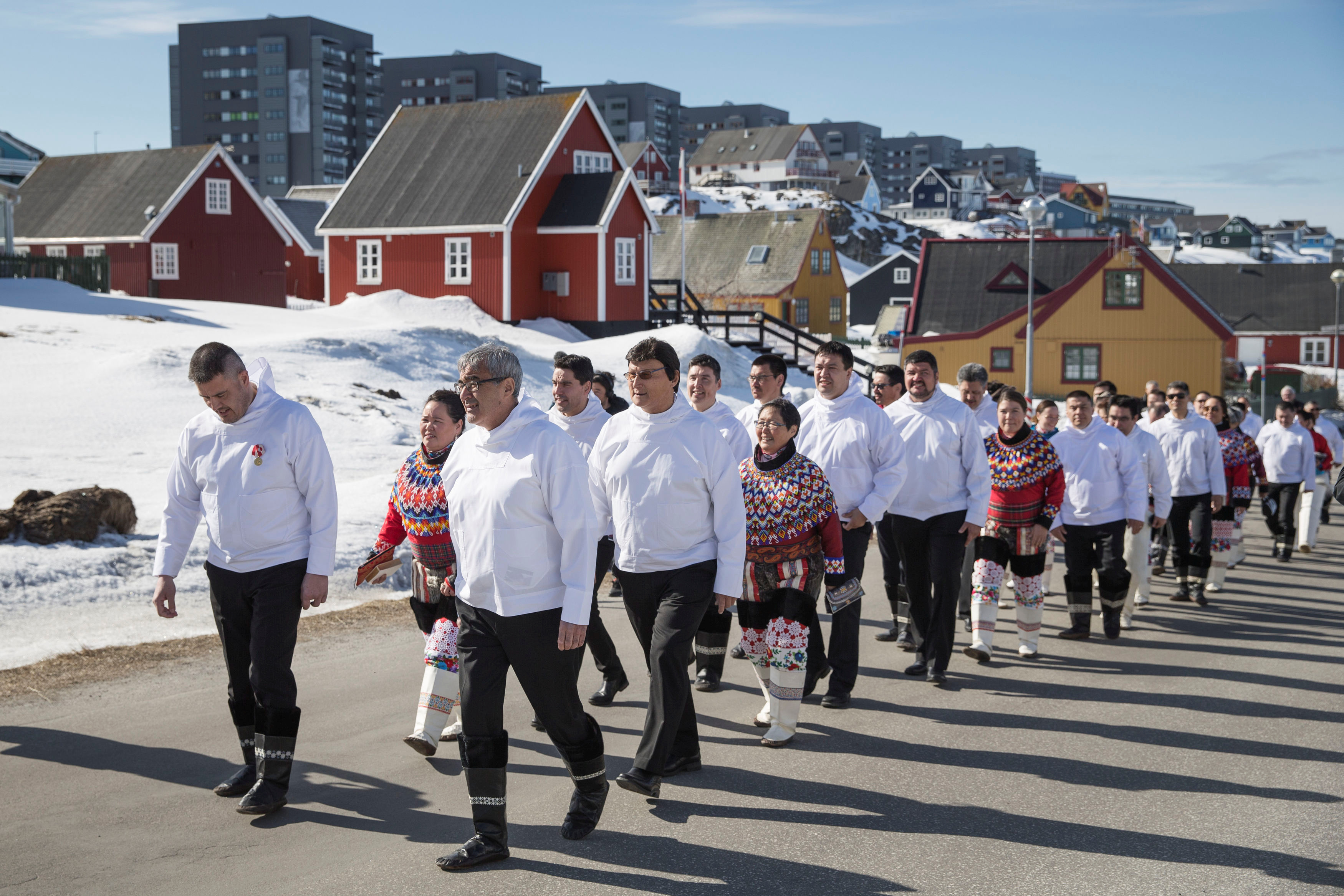English won’t replace Danish as Greenland’s second language anytime soon, says committee
An expert committee, convened by the previous government, found that Greenlandic, Danish and English fulfill separate functions in Greenland and are likely to continue to do so for some time to come.

There is still a long way to go before English replaces Danish as the primary foreign language in Greenland.
That’s the finding of an expert committee established by the previous government, released last week.
When the new government in Greenland declared that it will work to have English replace Danish as primary foreign language in Greenland, it raised widespread attention.
Vivian Motzfeldt, Greenland’s Naalakkersuisoq (Minister) for Education, Culture, Research and Church, says she is aware that the change will take time.
[A Nuuk plan to marginalize the Danish language in Greenland worries Copenhagen]
“I am not surprised at this conclusion. Having professional subject teachers and of course textbooks available are an obvious precondition for any language training to take place,” said Motzfeldt.
“Thus, the Naalakkersuisut (Greenland’s self-rule government) has stated as the first goal in its coalition agreement that it shall work to establish English as our primary foreign language. We are fully aware that this is not something that will not come about quickly,” Motzfeldt writes in a press statement from the Self-Rule Government.
The main conclusion in the group’s report to the Naalakkersuisut is that all three languages mentioned have and will continue to have important functions in Greenland’s society as well as for the education and work opportunities for pupils.
Another key conclusion is that it is not, at present, possible to introduce English as primary foreign language as this would require far more teachers as well as production of new learning tools. However, it is possible to work toward goals to realize this, the group argues.
The press release from Motzfeldt’s department further says that the Naalakkersuisut is working to establish agreements with English-speaking countries like the United States and Canada regarding exchange of English-speaking teachers to Greenland.
“They are to help grow young people’s competence so that they in a long-term perspective may become so confident in English that more future teacher students will choose English as one of their specializations,” Motzfeldt writes.
This article was first published in Norwegian and was translated into English by Elisabeth Bergquist.